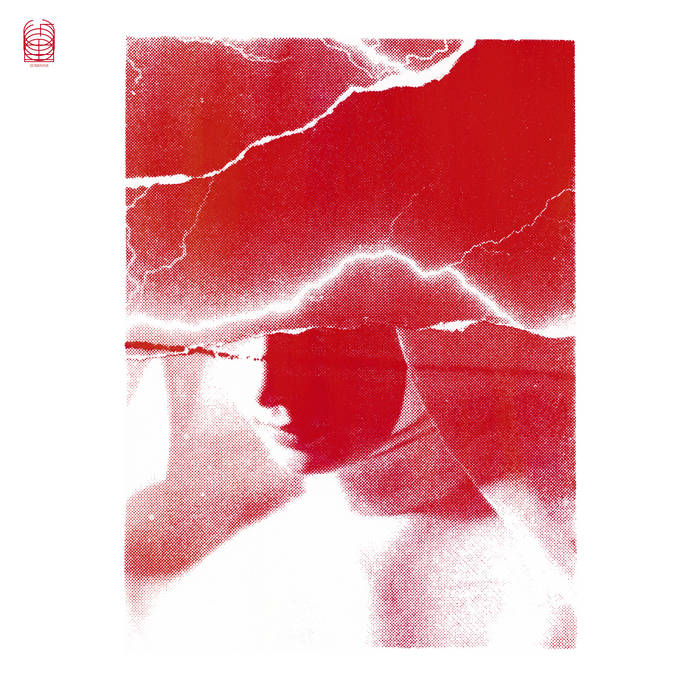The life and work of pioneering poet and director Pier Paolo Pasolini casts a long shadow over this record from French artist Karen Jebane, also known as Golem Mecanique. The album’s title, which translates as “we are all in danger”, is derived from the final interview Pasolini gave before his still-unsolved murder in 1975, and a sense of threat pervades the record from start to finish. This is a dense, foreboding album, its scale and texture as unforgiving as a vast, broiling body of water. But there is beauty here.
Much of that beauty is provided by Jebane’s trademark drone box, a mournful, swelling instrument that flows beneath the entire record like an underground stream. Given that the LP is being released by Stephen O’Malley’s label Ideologic Organ, a comparison with the igneous guitar drones of his band Sunn O))) is perhaps a little on-the-nose, but it stands up. Like Pyroclasts or Monoliths & Dimensions, Siamo Tutti In Percolo is built on glacially-paced evolutions of harmony and timbre, the drone box gradually seeping over every surface and changing it beyond recognition. The counterpoint it offers to Jebane’s lugubrious vocal seems simple at first, but its subtle shifts and adjustments in emphasis reward close listening by revealing new contours in each arrangement. Initially tough and uninviting, there are flickers of tenderness and vulnerability here too – they just take time to become clear.
Knowing how much Pasolini means to Jebane gives her choice to write the record about his death a terrible depth, especially in the light of the genuinely horrific story of his torture and murder, most likely at the hands of the fascist-aligned mob (though nobody can be totally sure). The image of his body on the beach at Ostia, near Rome, barely recognisable, a maverick and visionary notorious for his radical politics and sexual candour, whose then-controversial public profile is hard to detach from his killing. It’s grim stuff, but Jebane handles it with respectful seriousness that never descends into melodrama or deification. In other hands, a gloomy, drone-based meditation on the life of an artistic and intellectual hero murdered at his creative peak during Italy’s infamous Years of Lead (a two-decade period of social unrest and extreme political violence) could so easily boil over into caricature – bleak, high-minded caricature at that. It’s a testament to the subtlety and care of Jebane’s work as Golem Mecanique that no such problems are found here. It’s dark and challenging, true, but keenly felt and, at its best, genuinely moving.


